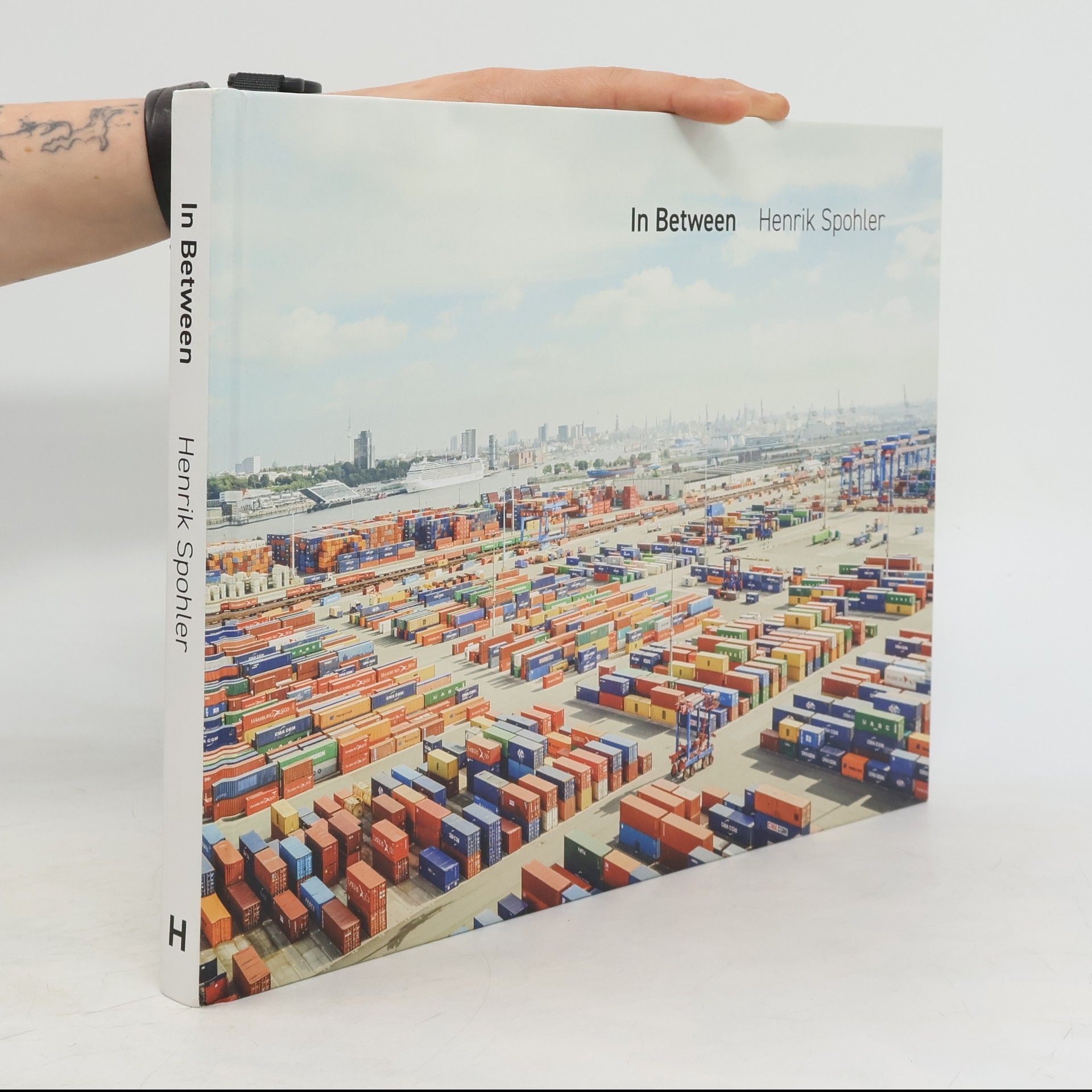Für sein jüngstes Projekt bereiste Henrik Spohler in den Jahren 2020/2021 auf fünf ausgedehnten Reisen die Niederlande und legte dabei insgesamt 7500 km zurück. Als Aussenstehender betrachtet er dieses Land im Herzen Westeuropas. Flatlands ist eine fotografische Auseinandersetzung mit der Landschaft eines Landes, das im 17. Jahrhundert die Gattung des Landschaftsbildes maßgeblich prägte. Heute ist die Niederlande das am dichtesten besiedelte Land Europas, durchzogen von einem komplexen Netz aus Straßen, Kanälen und Schienen. Die endlos erscheinenden Industriegebiete entlang der Verkehrswege prägen das Landschaftsbild und sind Zeichen wirtschaftlicher Prosperität. Jeder Quadratmeter wird genutzt, jeder Kubikmeter Wasser ist Teil eines Systems aus Deichen, Schleusen und Kanälen. Das Land, einst als schwer bewohnbares Sumpfland angesehen, symbolisiert heute die radikale Veränderung der Umwelt durch den Menschen. Spohler und seine Bilder zeigen, wie sich eine Kulturlandschaft mit ihren komplexen historischen, ökonomischen und gesellschaftlichen Bezügen lesen und darstellen lässt. Henrik Spohler, Jahrgang 1965, studierte an der Folkwangschule in Essen und arbeitet seit 1992 als freischaffender Fotograf. Seine vielfach ausgezeichneten Arbeiten sind in öffentlichen und privaten Sammlungen vertreten und wurden national sowie international in zahlreichen Ausstellungen gezeigt. Flatlands ist seine sechste Monografie. Spohler ist Profess
Henrik Spohler Books


In between
- 124 pages
- 5 hours of reading
Henrik Spohler's project explores essential transit sites for global commodity flows that consumers rarely see. The past two to three decades of globalization have led to an accelerated pace of commerce that is hard to escape. Goods are available to us almost everywhere, yet the logistical hubs—like harbors and freight airports—serve only economic purposes and provide no clues about their geographical origins. The project's photographs reveal the hidden aspects of industrial production and trade, presenting fictitious motifs from unnamed regions in Europe and Asia that disrupt traditional landscapes. This landscape-format book features images printed on paper that balances tactile quality with reproduction fidelity. Each photograph is given a dedicated double page, enhancing the serene visual language of Spohler's work and encouraging contemplative viewing. The collection includes fifty-six photographs taken across Spain, Belgium, Poland, the Netherlands, China, and Germany, showcasing the often-overlooked spaces that facilitate global commerce.